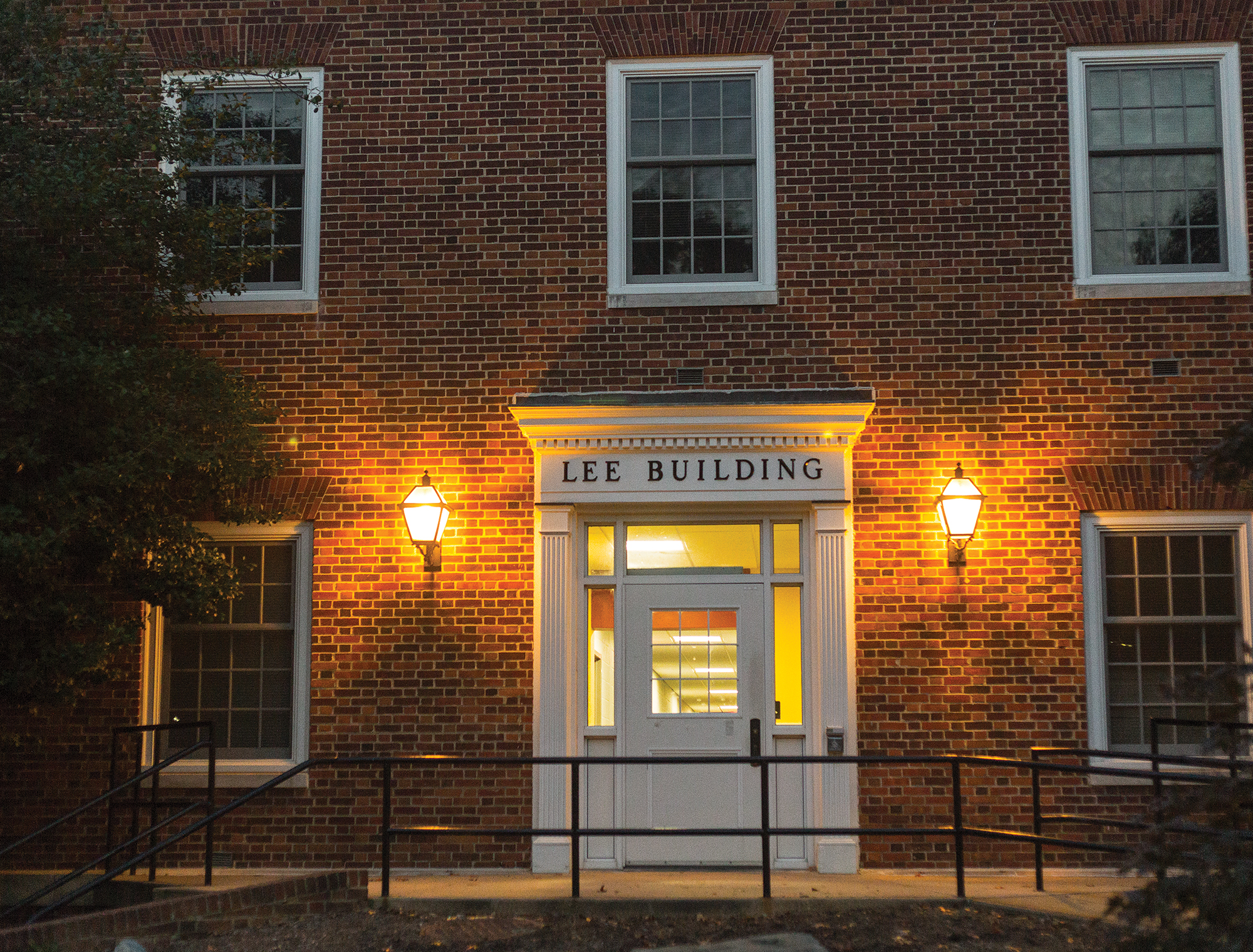An update to the University of Maryland’s Conflict of Interest and Commitment Policy is pending approval by the University Senate, according to Sharon Kirkland-Gordon, senate director. The senate is set to vote on it by the end of the calendar year.
The updated policy, which was proposed in October, provides further clarification on who needs to follow the rules and what needs to be disclosed to the university. It defines a conflict of interest as one that typically involves financial gain or personal benefit, and a conflict of commitment as outside activities that might compromise an employee’s fulfillment of basic job responsibilities.
The policy was updated to keep with federal agencies’ regulations, said Laurie Locascio, the university’s vice president for research. The policy hasn’t been updated since 2003.
“There’s been a lot more attention from federal agencies to all of the things that researchers are doing at universities that lie outside of their internal research, and lie outside of their teaching responsibilities,” she said.
The role of the conflict of interest committee is to manage these occurrences. It exists to prevent both “real and perceived conflicts,” Locascio added, which may arise if an outside source sees something that may seem unethical.
The committee, which consists of nine members, deals with about 600 cases a year, said committee chair Philip DeShong.
[At UMD Senate meeting, Pines discusses what spring commencement could look like]
Each year, only three or four of those involved people who have “done something either on purpose or inadvertently,” DeShong said.
The rest of them are smaller problems, such as forgetting to report a small sum of money they received or if they got paid to travel somewhere for their research.
“When people look at the word conflict, they think ‘Oh, that’s terrible,’” Locascio said. “But really, conflicts can be managed — we just need to know about them.”
A common example of a conflict Locascio sees is when a company started by a faculty member becomes successful.
“Then all of a sudden, they go public, so they can have tremendous personal financial advantages and personal benefits from that company,” she said.
DeShong also said the committee is there to help faculty avoid getting into trouble and provide advice on how to manage different situations.
“We protect the integrity of the university research,” DeShong said. “You cannot be a great research university if people don’t trust the integrity of the research.”



